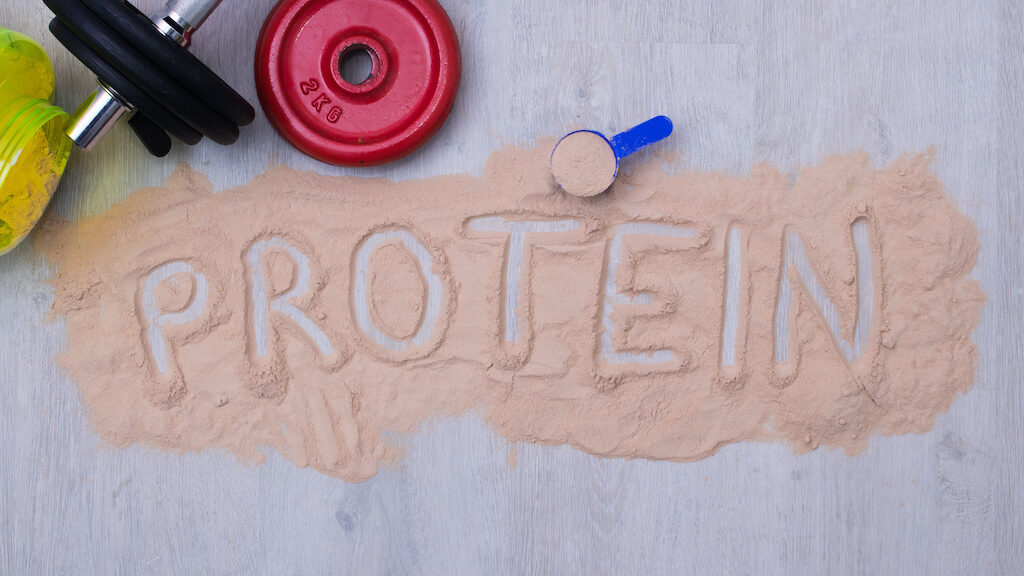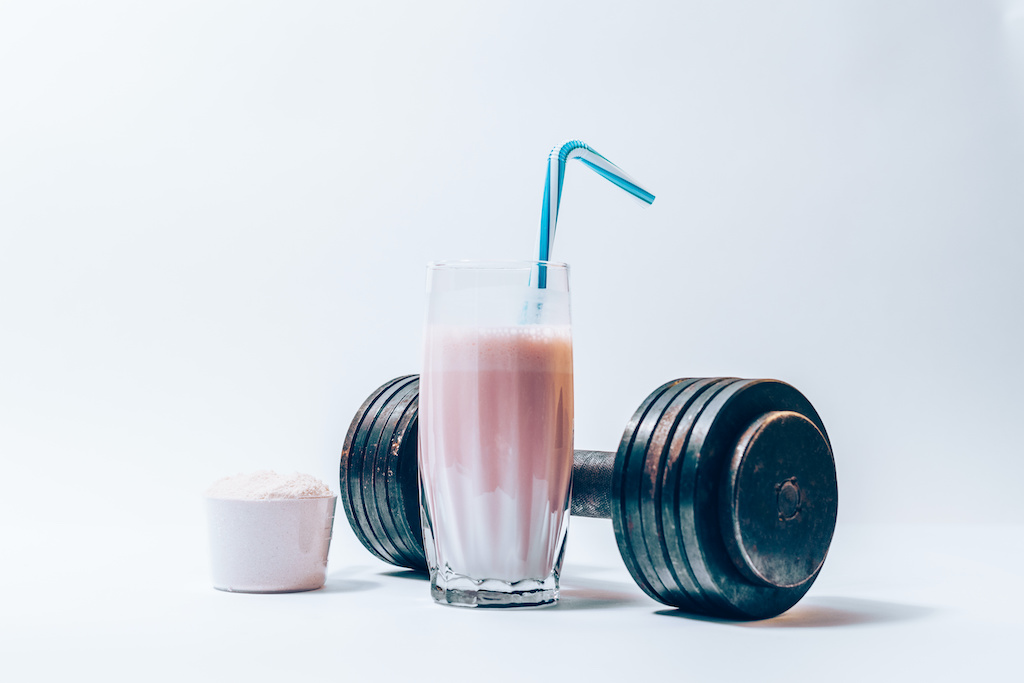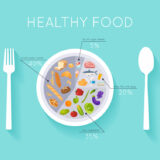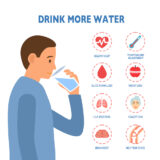The Role of Protein in Building and Maintaining Muscle

Introduction
Protein is a fundamental nutrient that plays a critical role in muscle growth and maintenance. Whether you’re an athlete, a fitness enthusiast, or simply looking to stay healthy as you age, protein should be a key component of your diet. This article explores the importance of protein, its benefits, and how to include it in your meals.
Why Protein is Essential
1. Muscle Repair and Growth:
- Protein provides the building blocks (amino acids) required for repairing and building muscle tissue after physical activity.
2. Supports Metabolism:
- Protein helps maintain muscle mass, which boosts metabolic rate and aids in weight management.
3. Promotes Recovery:
- Consuming protein post-workout reduces muscle soreness and supports faster recovery.

4. Prevents Muscle Loss:
- Adequate protein intake is crucial for older adults to prevent age-related muscle loss, known as sarcopenia.
Best Sources of Protein
- Animal-Based: Chicken, fish, eggs, dairy products.
- Plant-Based: Lentils, chickpeas, tofu, quinoa, nuts, and seeds.
- Supplements: Protein powders for convenient post-workout nutrition.
How Much Protein Do You Need?
- The Recommended Dietary Allowance (RDA) for protein is 0.8 grams per kilogram of body weight, but active individuals may need more.
- Consult a nutritionist to determine the right amount based on your goals and activity level.
Conclusion
Protein is vital for muscle health, recovery, and overall well-being. By incorporating high-quality protein sources into your diet, you can support your fitness goals and maintain long-term health.
Summary:
- Protein supports muscle repair, growth, and recovery.
- It boosts metabolism, aids weight management, and prevents age-related muscle loss.
- High-protein foods include chicken, fish, lentils, and tofu.
- Consult a nutritionist to determine your protein needs based on your activity level.

This article reviewed by Dr. Jim Liu, MD.
There’s nothing more important than our good health – that’s our principal capital asset.
#medical #telehealth #umedoc









